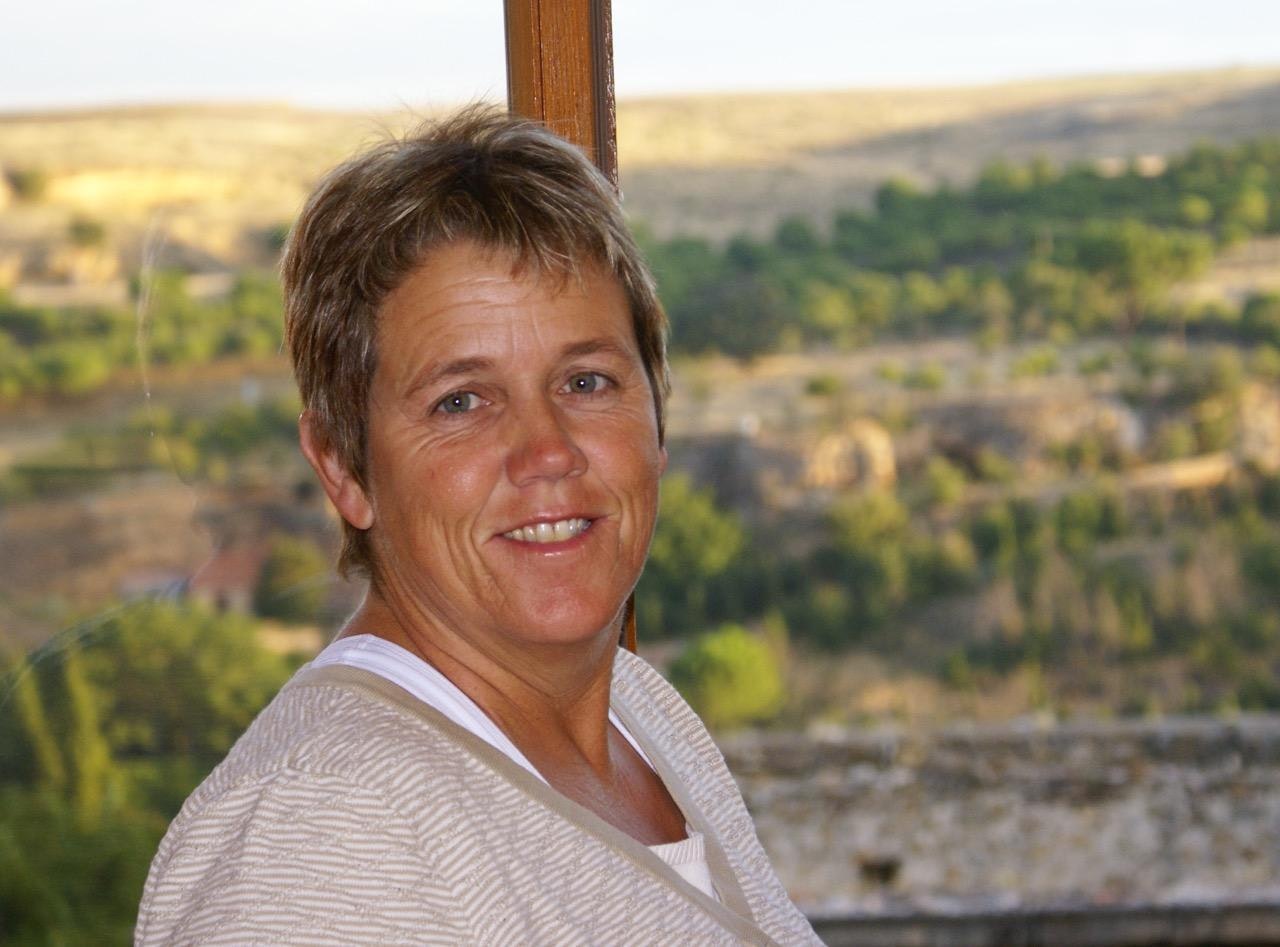Watching the question of a special session for the Wyoming Legislature the last week was rather disheartening. Regardless of the ultimate outcome, what was depressing were some of the views expressed – by those on both sides of the issue – about those who held different views. It was an extension of the division so clearly on exhibit during the legislature’s budget session.
Numerous public officials and their supporters expressed views that their opponents on the issue harbor ill will or ulterior motives or are corrupt. Some even suggest that those with differing views were associated with evil and told followers that those with opposing views “hate you.”
What should be simple disagreement over an issue of public interest deteriorated into personal disdain and treating each other with contempt. All this played out in public and social media since such behavior is unacceptable when inside the structured decorum regulated in official legislative meetings.
The outcome of treating each other so badly is a rejection of extending grace to each other and the benefits that can arise from collaborating with adversaries. We fall into the trap of allowing the perfect to be the enemy of the good and devolve into entrenched political factions. We bear grudges, resent those who prevail on any given issue, and we reject diversity of thought and beliefs in favor of “my way or the highway.”
It doesn’t have to be that way.
We’re each responsible for our own behavior: We can choose to be guided by grace and compassion for each other, or by anger and bitterness. We can acknowledge that we’re all imperfect beings, that we all lose our tempers and fail to live up to our own expectations at times. We will all fail, but we can actively seek to do better. It’s a choice.
We can choose to engage in debating the facts and merits of an issue without assuming the worst of our adversaries and attacking a person’s character.
We can choose to assume that the beliefs and perspectives brought forth by others are genuinely held and worthy of our respect and consideration. That doesn’t mean we have to hold the same beliefs or views, but we can attempt to listen and understand those who differ.
We can embrace logic, reasoning and thoughtful deliberations and reject straw-man fallacies, fear mongering, name calling, and false dichotomies. We can recognize nuance and complexity in issues without compromising our principles.
We can acknowledge that although we make take different paths to get there, we can seek out and find common ground. That we may fail isn’t reason not to try.
We understand that even though we may not get everything we seek, we can continue to work toward a greater good.
We can realize that making improvements may be better than flatly rejecting change because the action doesn’t rise to perfect.
We can welcome learning from each other. We can listen to each other. We can proceed “with malice toward none, with charity for all,” as suggested by President Lincoln.
We can realize that we’re all neighbors, and our neighborhoods are diverse. We can treat each other with dignity and decency.
We can reject the impulse to judge others by their worst examples rather than reserving the benefit of good intentions only for ourselves.
We can be generous and respectful of each other. We can disagree without becoming enemies.
But we must make choices to work toward this goodwill. Nothing is gained by bearing grudges, living in judgment, trafficking in hate, or assuming ill will.
We can choose grace.
Cat Urbigkit is an author and rancher who lives on the range in Sublette County, Wyoming. Her column, Range Writing, appears weekly in Cowboy State Daily.





